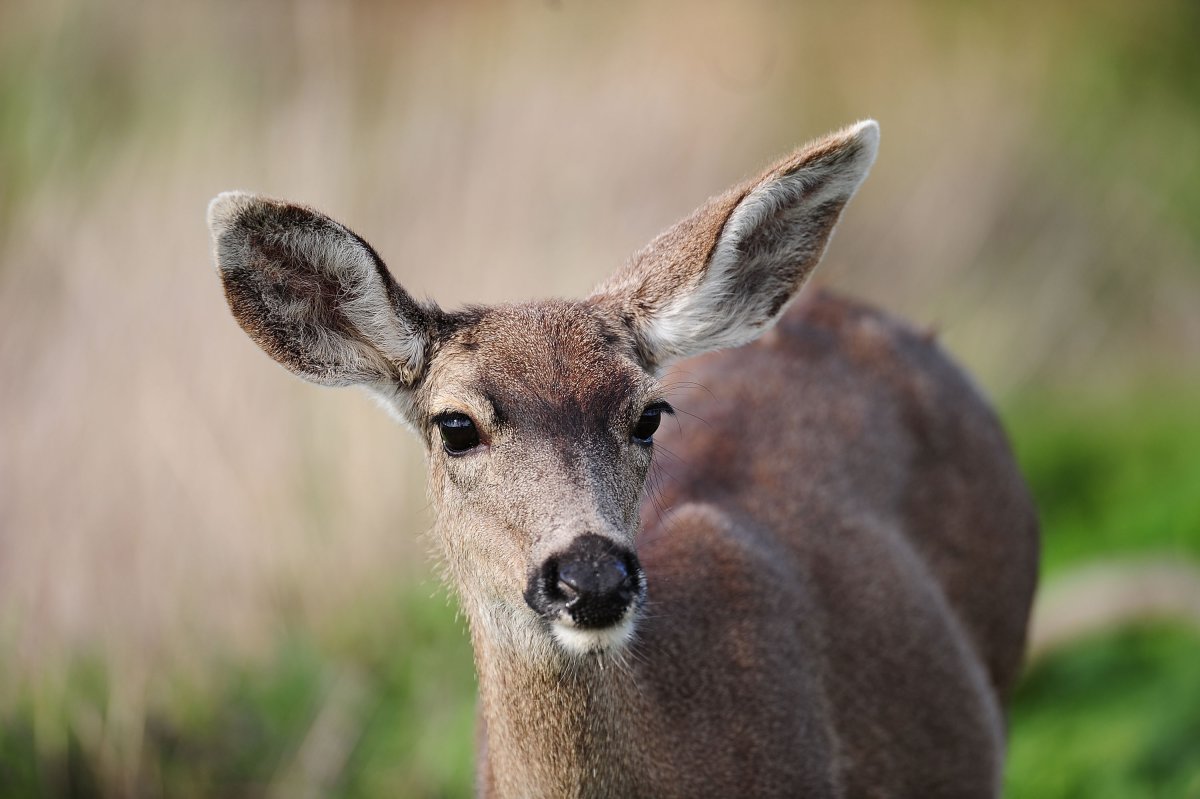Researchers at the University of British Columbia say a plant on B.C.’s Gulf Islands has genetically evolved to avoid being eaten by deer.

They say a flowering plant called seablush, native to the endangered Garry Oak ecosystem of the Pacific Northwest, grows differently depending on the presence or absence of deer.
The research shows seablush varies in height and grows 70 to 120 centimetres tall with branches high off the ground on islands with no deer.
On islands where deer are present, seablush grows 10 to 20 centimeters tall with branches low to the ground, making it less visible to herbivores.
When researchers grew both kinds of seablush together in a habitat with deer, the plants that originated from islands with deer produced more seeds and were three times more likely to survive than their counterparts from islands without deer.
Researchers say seeds from seablush that have genetically adapted to withstand or resist being eaten need to be collected and replanted on the islands that have deer to restore the endangered ecosystem.
They say a large number of deer inhabiting the islands is affecting the ecosystem, and culling or hunting deer is crucial to protect both the plant and deer community.




Comments